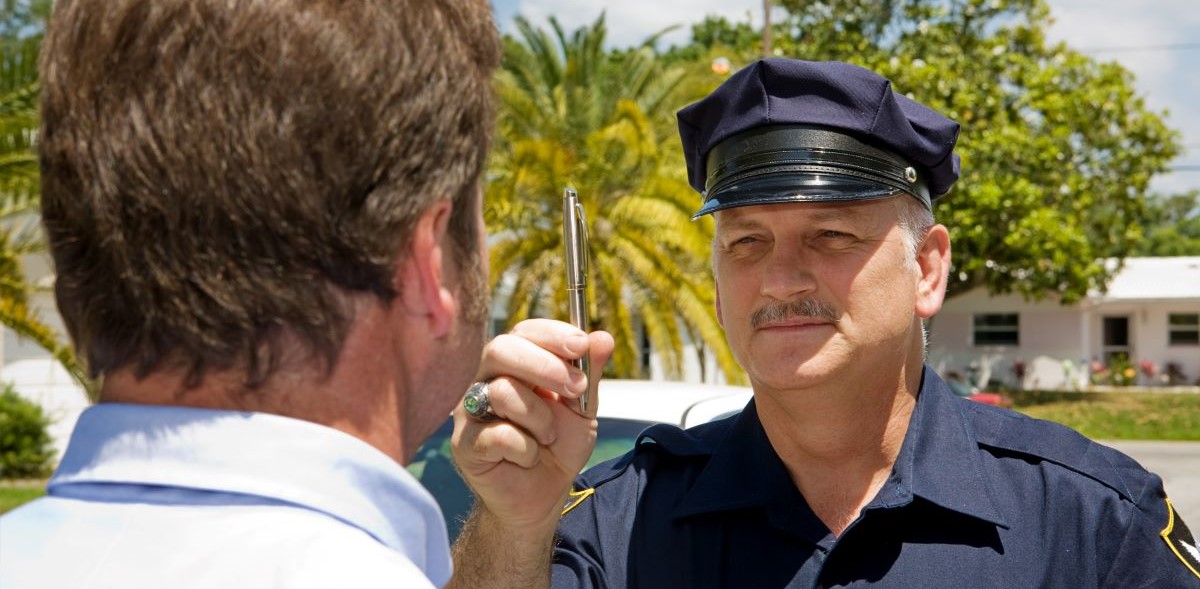
Arizona’s DUI laws are some of the strictest in the nation, and they apply broadly—extending beyond public roads to private property. Whether you’re in your driveway, on farmland, or at a private event, the implications of driving under the influence can be severe. This article explores how Arizona DUI laws impact private property, common misconceptions, and potential legal defenses.
Can You Get a DUI on Private Property in Arizona?
Contrary to popular belief, Arizona’s DUI statutes do not limit enforcement to public roads. As outlined in this article, the law applies to any location accessible to the public, which can include parking lots, shared driveways, and even private land in certain circumstances.
Arizona Revised Statute § 28-1381 focuses on impairment rather than location, meaning individuals can face charges even when not on public roadways. For example, operating a vehicle in your driveway or at a private event can lead to a DUI if you are found to be impaired.
Learn more about the nuances of this law here.
Understanding “Actual Physical Control”
A key element in many DUI cases is the concept of “actual physical control.” This legal principle evaluates whether a person could reasonably operate the vehicle while impaired. Factors considered include:
- Whether the vehicle was running.
- The individual’s position in the vehicle.
- Accessibility to the ignition or keys.
Even if the vehicle isn’t moving, merely sitting in the driver’s seat with access to the keys could result in a charge. Detailed insights on this topic are available here.
Private Property DUI Penalties in Arizona
The penalties for a DUI on private property mirror those for offenses on public roads. They depend on factors such as blood alcohol concentration (BAC), prior offenses, and whether the charge is classified as extreme or aggravated.
Standard DUI Penalties
- First Offense: Minimum jail time of 10 days, fines of at least $1,500, and mandatory installation of an ignition interlock device.
- Second Offense: At least 90 days in jail, fines exceeding $3,000, and a one-year license suspension.
Extreme and Aggravated DUIs
- Extreme DUI (BAC 0.15% or higher): A minimum of 30 days in jail and significant fines.
- Aggravated DUI: Felony charges, potential imprisonment, and harsher financial penalties.
Private property DUI penalties are further discussed here.
Legal Defenses Against Private Property DUI Charges
If you’re facing DUI charges on private property, a robust legal defense is essential. Common defenses include:
- Challenging “Actual Physical Control”: Demonstrating that you were not in a position to operate the vehicle.
- Jurisdiction Issues: Arguing that the property was not accessible to the public, thus falling outside DUI enforcement.
- Faulty Evidence: Highlighting procedural errors in chemical or field sobriety tests.
For more on legal defenses, visit this resource.
Public vs. Private DUI: Key Differences
While the penalties are similar, the enforcement of DUI laws differs slightly between public and private property. The primary distinction lies in the accessibility of the location. For example:
- Public Locations: Streets, highways, and public parking lots.
- Private Locations: Residential driveways, golf courses, or secluded farmland. Charges in these areas depend on public accessibility and safety risks.
A comprehensive comparison can be found here.
Frequently Asked Questions
Can I Get a DUI for Sitting in My Car on Private Property?
Yes. If you are in actual physical control of the vehicle while impaired, you can be charged, even if the vehicle is stationary.
Are DUI Laws the Same for Private and Public Property?
Arizona DUI laws apply broadly and do not distinguish between public and private property. The key factor is impairment.
How Can a Lawyer Help With Private Property DUI Charges?
An experienced lawyer can identify weaknesses in the prosecution’s case, such as lack of jurisdiction or faulty evidence, and work to reduce or dismiss the charges.
For personalized assistance, visit this resource.


